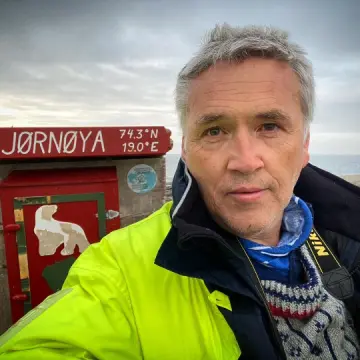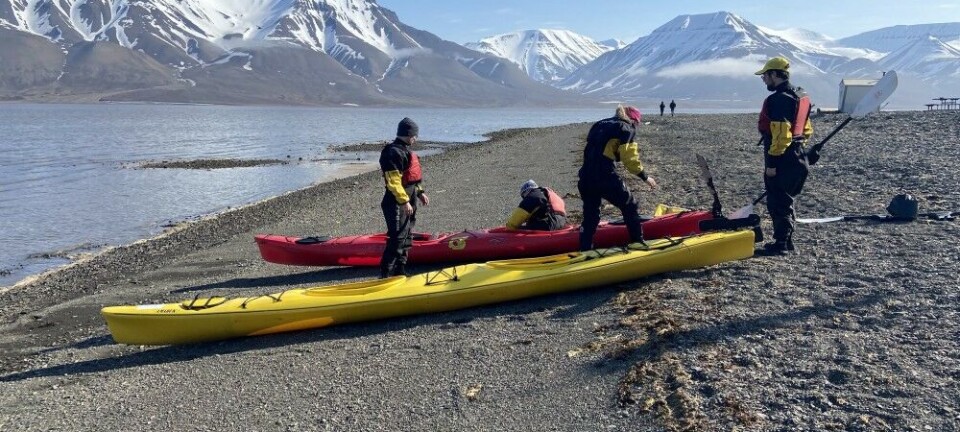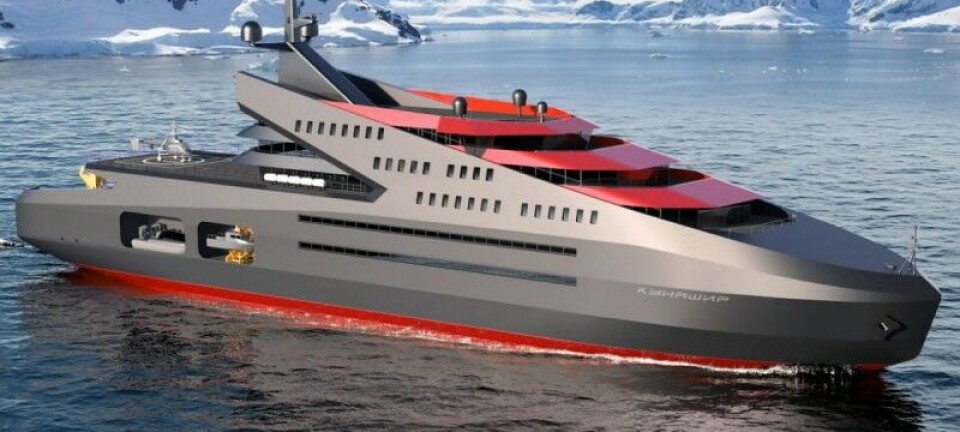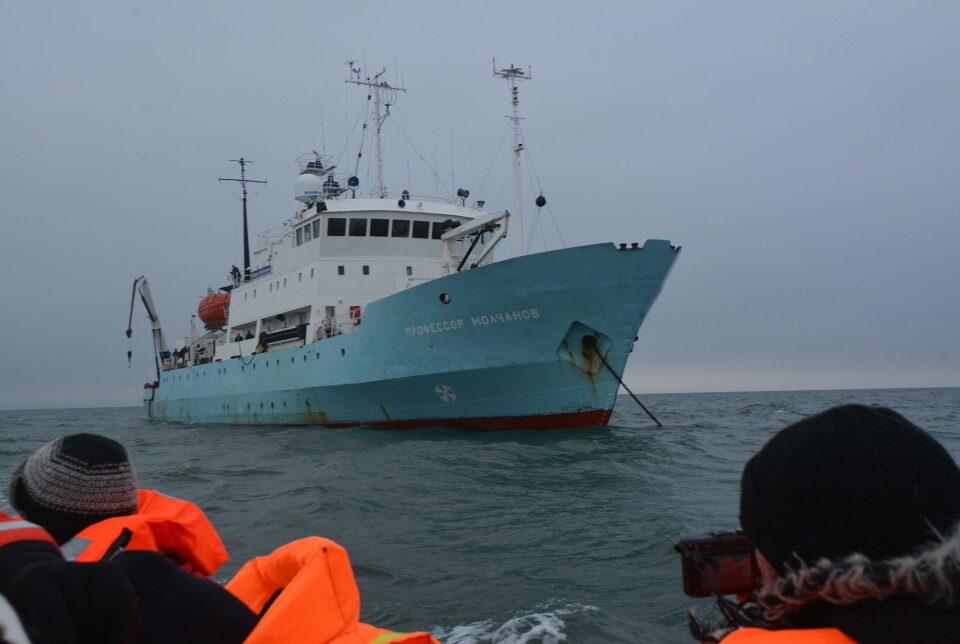
Barentsburg port welcomes historic new visa-free voyage directly from Murmansk
This is the first time since Norway in 2011 introduced passport control on flights via the mainland that a dedicated passenger cruise sails directly from Murmansk. A propaganda show that will not make profit, says expert.
There were few paying tourists onboard. The majority that disembarked in the Russian settlement were family members of those living there and journalists invited to join the landmark voyage across the Barents Sea this week.
Until now, all Russian citizens heading to Svalbard had to fly in via Tromsø or Oslo airports. To do so, they need a valid Schengen visa and go through Norwegian passport control. As Norway stopped issuing tourist visas to Russians, only those affiliated with Arktikugol were given visas to transit via the mainland.
Svalbard is not part of Schengen and citizens from all signatory parties to the Treaty have a right to enter. The only requirement needed for those now arriving on expedition cruise ships are for the shipping company to deliver a passenger list 48-hours ahead of docking. Then, the Governor of Svalbard conducts identity check upon arrival.
The port call by the originally 42-year-old oceanographic research vessel Professor Molchanov was met with enthusiasm and a festive reception. Russia's national anthem was played loud as the passengers from Murmansk disembarked.
Soviet uniform
First came Arktikugol director Ildar Neverov. He was dressed up in uniform.
Neverov is the state-owned mining company's top brass in Barentsburg and the one promoting direct tourist cruises from mainland Russia to the Norwegian Arctic archipelago. Last year, his application to fly tourists directly from Moscow to Longyearbyen was turned down by Oslo. Svalbard is Norwegian and Russian planes have all been sanctioned from European airspace since the illegal full-scale invasion of Ukraine in 2022.
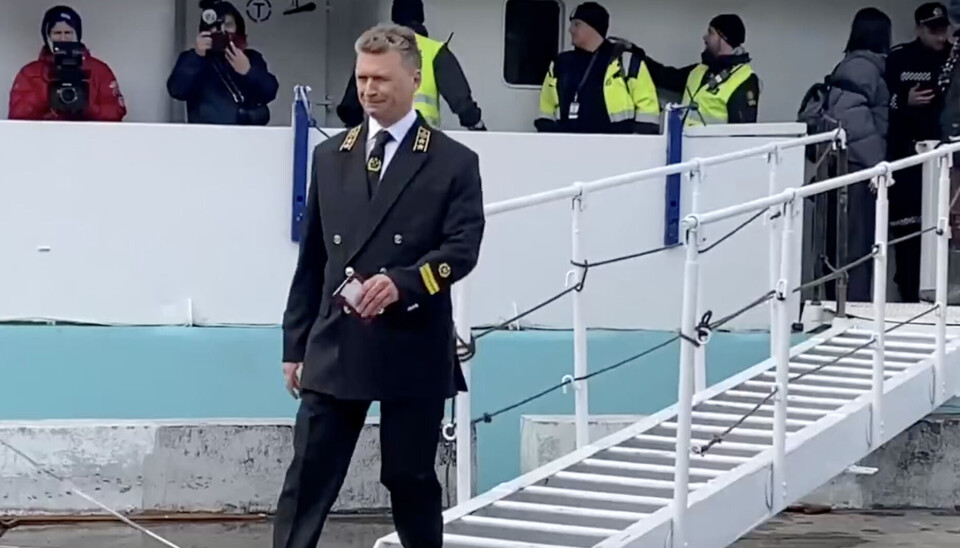
In port, Ildar Neverov was welcomed with a fraternal hug by Andrei Chemerilo, the GRU-affiliated Consul General in Barentsburg.
Provocators
Both Neverov and Chemerilo were sent to Svalbard in 2022. The two have since then stirred tensions by launching military stylish parades, hoisted Soviet flags, erected a war-glorifying cross, waving separatist flag from the so-called Donetsk People's Republic, celebrated the military Navy Day and arranged propagandistic warmongering memory rallies.
Russia's way of asserting its presence at Svalbard has certainly changed since the Kremlin decided to intensify the confrontation against what it names the collective West.
This week's tourist voyage, though, is framed with political statements on good cooperation with Norway. As the Professor Molchanov docked in Barentsburg, Russia's minister for the Development of the Russian Far East and the Arctic, Alexei Chekunkov, said relations with Norway are constructive in regards to Svalbard.
"Fortunately, we have a fairly constructive dialogue with the Norwegian side," Chekunov said to state information agency TASS. The minister, though, was not happy with last week's visit to Svalbard by the British foreign secretary David Lammy.
He said "all sorts of nasty things," the Russian minister claimed without elaborating.
Ship repair
As coal mining in Barentsburg is nearing an end, the ministry in charge of Arctic developments has outlined three main pillars for Arktikugol's development on Svalbard over the next six years, whereas tourism is one. The two others are international research and servicing Russian ships sailing the Barents Sea.
Director Neverov recently told the Murmansk version of Komsomolskaya Pravda that Arktikugol had a revenue of more than 70 million rubles last year from servicing and supplying Russian fishing vessels in Barentsburg. "Minor repairs are carried out," Neverov said.
Last year, the Norwegian government banned Russian fishing vessels from being repaired in Norway, but allowed for the three ports of Tromsø, Båtsfjord and Kirkenes to provide supplies, crew change and landing of fish.
Boycotted by Longyearbyen
Meanwhile, the tourism direction of Arktikugol is challenged by Russia's war on Ukraine. Visit Svalbard and the official tourism board for Longyearbyen have since 2022 not organized guided tours or bought other products in the two settlements of Barentsburg and Pyramiden.
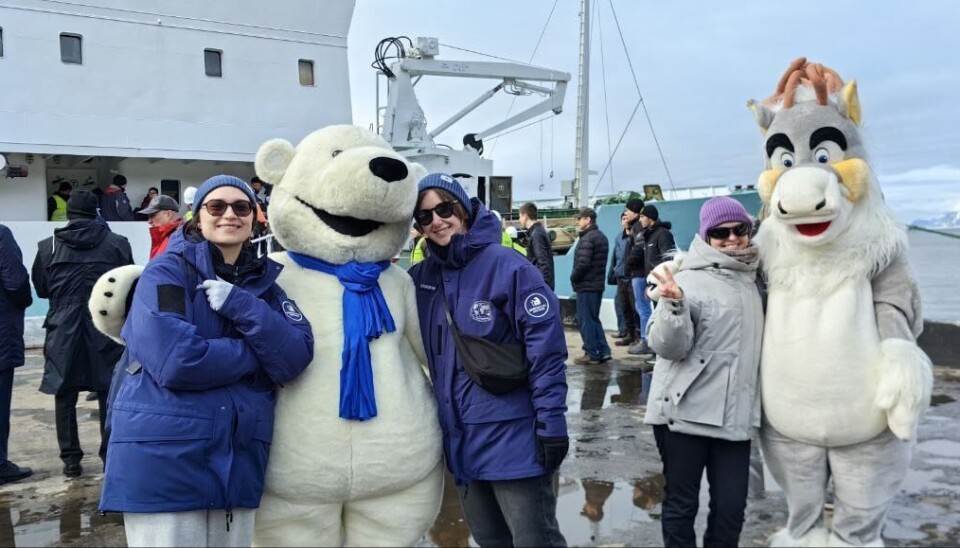
With the arrival of Professor Molchanov, Russia has brought visa-free tourists directly to Svalbard for the first time in 27-years, according to newspaper Argumenty i Fakty. After visiting Pyramiden, Longyearbyen, Coles Bay and the western shores of Isfjorden, the vessel is now returning to Murmansk.
A second voyage with tourists heads north again on June 13.
Military links
Arktikugol informs that co-organizer of the voyages to Svalbard is Morskaya Praktika, a company owned by Konstantin Popov. Last week, the Barents Observer could tell the story about how the Moscow-based company under false flag tried to buy the Norwegian ice-classed vessel Stålbas via buyers in Dubai.
Konstantin Popov is well connected and cooperates with several retired Russian Navy captains. Among them is Lev Rodshtein, who previously commanded a nuclear submarine, and Andrei Khalevin, who used to command the nuclear-powered battle cruiser Admiral Nakhimov.
Not profitable
Timofey Rogozhin, the former leader of Arktikugol's tourism branch, has strong doubts that voyages like the ones this summer can be commercial sustainable.
The idea to sail Svalbard and Franz Josef Land is good and has been talked about since the 90ties, he tells the Barents Observer.
"But for this, a real tourist vessel for 120 to 200 passengers is needed. Russia does not have such vessel."
Rogozhin underlines that other realities also make it difficult for the country to develop Arctic cruise tourism.
"Russia itself is in reality a fascist regime and is waging a war on Ukraine. This is absolutely inconsistent with the possibility of developing tourism to Svalbard," he argues. Timofey Rogozhin himself left Barentsburg after the outbreak of the full-scale invasion in 2022.
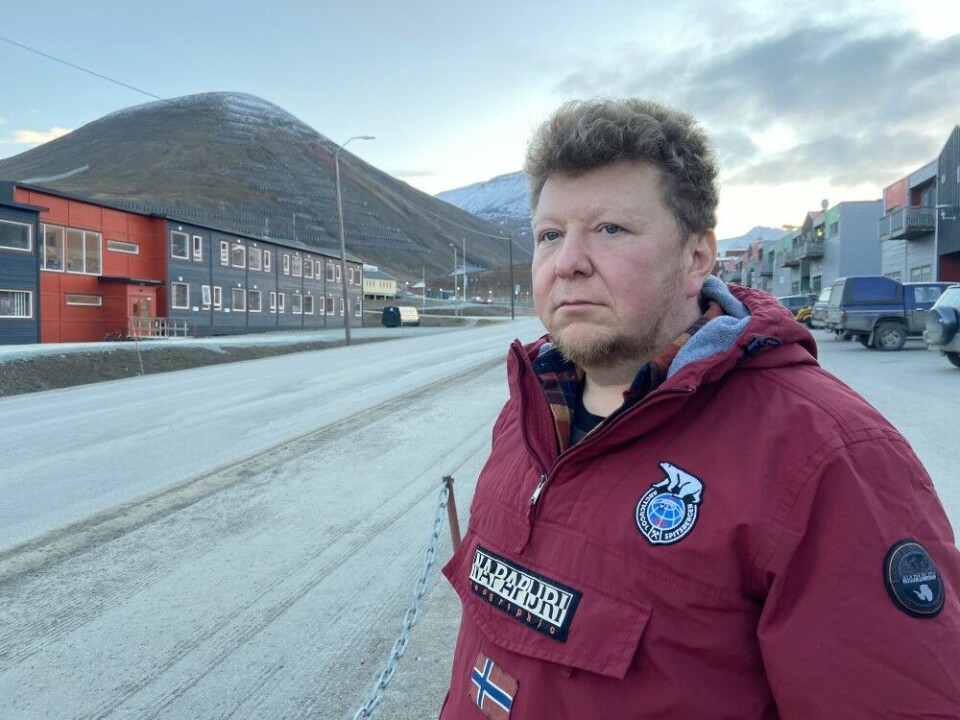
He is doubtful that Arktikugol ever will get the needed qualifications required to develop Arctic cruise tourism.
"In Russia, there are a small number of tourists who love Arctic cruises, potentially about a thousand people who are both interested in this and have the money for it. But they also need quality service. It is unlikely that Professor Molchanov and the services Arktikugol provides can match this quality at a high price."
The voyage with Professor Molchanov was first priced at 570,000 rubles, but shortly before departure, discounts were given.
Rogozhin knows better than most what is required. He has worked with tourism in Arctic Russia and at Svalbard for more than two decades.
Propagada tool
Arktikugol is according to Rogozhin more a propaganda tool for the Russian government and the ministry of foreign affairs than a sustainable economic entity.
"Instead of normal and systematic work, they create the appearance of activity that does not actually exist, because there is no money in the required volume and no specialists," Timofey Rogozhin explains.
He elaborates:
"A picture of a new, old reality is constantly being created. A picture of the Soviet Union. That is why the anthems, pompous speeches into the microphone, Soviet flags, felt boots, miners uniforms, samovars and all other attributes of the USSR are brought forward."
In Soviet times, the state also sponsored tourist trips to strategically important locations abroad.

